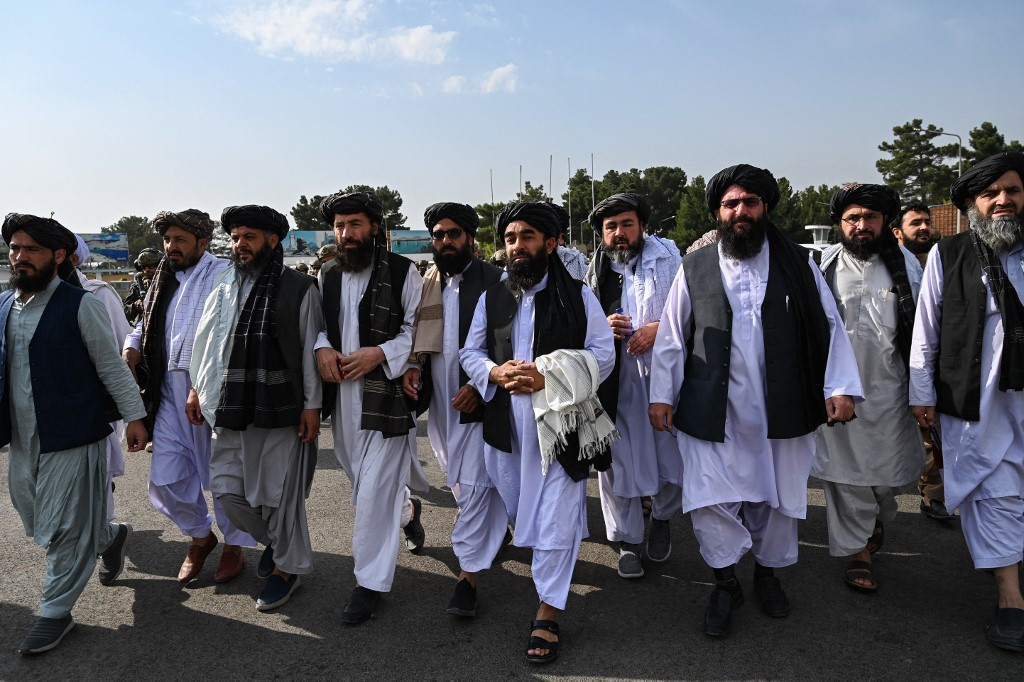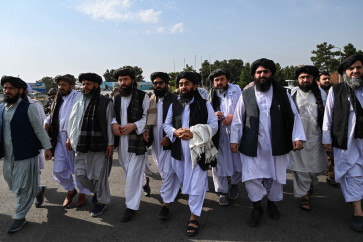Popular Reads
Top Results
Can't find what you're looking for?
View all search resultsPopular Reads
Top Results
Can't find what you're looking for?
View all search resultsIndonesia gains from the victory of the Taliban by default
There is no clear evidence as yet, however, whether the new Taliban government would want to work with either al-Qaeda or the IS again.
Change text size
Gift Premium Articles
to Anyone
W
hile many scholars and pundits believe that Afghanistan would once again become a "safe haven" or "shelter" for radical jihadists now that the United States has left, the fact is, militant radicals prefer places of hardship.
The more difficult and complex the conflict zone, the greater the adrenalin rush they get from fighting a combination of what they see is the ingathering of al-kafirun (infidels), al-munafikun (the hypocrites) and ultimately syaitan (satanic followers).
Granted that the decade-long war in Syria has not ended in a decisive victory, as the conflict involves evading snipers, chemical warfare, street-by-street pushback against a pastiche of enemies and even Kurdish female combatants trained by the Israel Defense Forces (IDF), not excluding the militias backed by Iran and its proxy on the ground, the Hizbullah, all of which are the sworn adversaries of the Sunnis, one must not expect the latter to rush to Afghanistan.
In this sense, Indonesia benefits instantly from the Taliban's victory as its security authorities are keeping an eye on more than 1,500 militants who have been barred from returning due to their affiliation with the Islamic State (IS) movement in Syria.
Thus, while Indonesia is rightly seen as a friendly giant in Southeast Asia known for its commitment to gender equality, the Taliban is the complete obverse.
Indeed, in Afghanistan, prior to the beginning of the US-led Operation Enduring Freedom in mid-September 2001, female students were banned from their studies. When the operation ended with the multiple evacuations, some of which clearly went awry, former US ambassador to Afghanistan Ryan Cocker conceded in his op-ed article in The Washington Post that up to 34 percent of the millions of Afghan students were now female. Their collective fate would be deeply beleaguered when the Taliban government returns to their old habits.
More importantly, while Indonesia may have hosted close to 2,000 Afghan refugees who have lingered for eight to 10 years, they have not been radicalized.


















